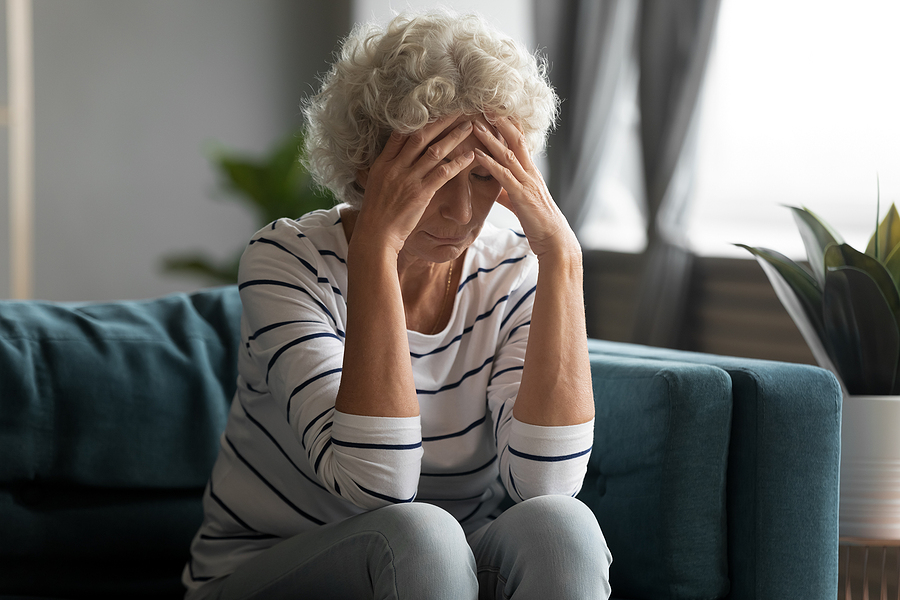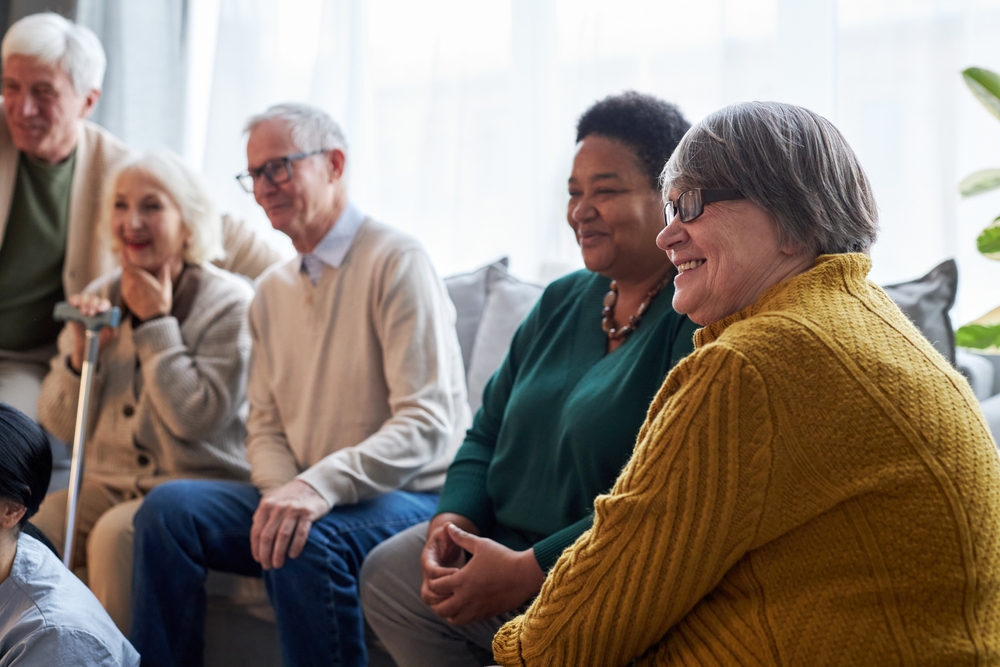What Causes Hot Flashes in Seniors and the Elderly?
Category:

Hot flashes are one of the less fun aspects of growing older. A hot flash is a feeling of intense heat on the upper body lasting anywhere from 30 seconds to several minutes. The intense heat can often be accompanied by sweating, red skin and dizziness. The Mayo Clinic describes them as “bothersome,” which may lead any elderly woman who has experienced hot flashes to have some strong, possibly four-letter words for the Mayo Clinic’s writing team. Read on to learn a bit more about hot flashes, what causes them, and what you can do about them.
What Causes Hot Flashes in Seniors?
Hot flashes in elderly adults are caused by a decrease in estrogen levels which affects the body’s thermostat. Generally, hot flashes are associated with menopause. But some other causes of hot flashes can include:
-
Prescription medication – typically hot flashes caused by medication go away as your body adjusts to the medicine
-
Hyperthyroidism
-
Anxiety – hot flashes are sometimes part of an anxiety attack
-
Sleeping in a room that is too hot
-
Caffeine – caffeine increases the heart rate, which can cause your body to warm up
-
Infection
Treatment for Hot Flashes in Elderly
Unfortunately, hot flashes are generally not something that can be cured with a pill. Sometimes hormone therapy can help with hot flashes, though it can cause other unwanted side effects. The only non-hormone treatment currently available is paroxetine, a low-dose antidepressant. Some other antidepressants can potentially help treat hot flashes, although more research is needed to determine if this is a truly effective option.
Hot flashes, similar to illnesses like allergies or psoriasis, can be managed rather than cured. WebMD offers some ways to manage hot flashes, include:
-
Dress in layers – wearing layered clothing that you can remove if you get too hot can help cool you down
-
Avoid too much caffeine and spicy foods, both of which can warm you up
-
Quit smoking
-
Maintain a healthy weight
-
Mindfulness practices like meditation and yoga may not prevent hot flashes, but they can help you stay calm and feel less disrupted when they occur.
-
Carry a small portable fan to help cool you off when a hot flash occurs.
Download Our Heart Health Guide
Hot flashes are not fun to experience – not for you, and not for the people that live in your house when you are opening all the windows in February. But luckily they don’t last forever, and by trying some of the tips above you may be able to prevent them from causing you too much pain and drama.
Subscribe
Date: 2021-12-09
Category:


